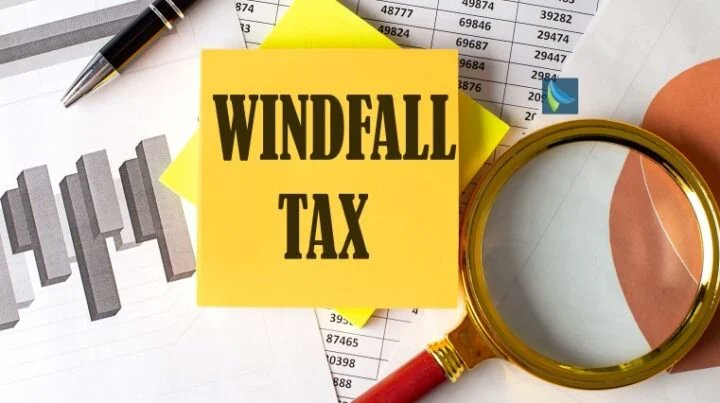Bank Directors Tackle Tinubu Over 70% Tax

The Bank Directors Association of Nigeria (BDAN) has expressed strong opposition to the proposed 70 per cent windfall tax on profits derived from foreign exchange transactions by banks, deeming the tax excessive and poorly timed.
This criticism comes as the association raises concerns about the potential negative impact of such a high tax rate on the banking sector and the broader economy.
In a press release following their board meeting on Monday which was seen by SaharaReporters, BDAN acknowledged the intentions of the administration under President Bola Tinubu but expressed reservations about the scale, timing, and implementation details of the proposed tax.
While the association recognized the government’s efforts to address current economic challenges, it questioned whether the proposed tax rate was the most appropriate solution.
READ ALSO
● Nigeria Now Selling Arms To Countries FG
● Man Arrested With Fresh Human Skull (Video)
Mustafa Chike-Obi, Chairman of BDAN’s Board of Directors, emphasized that although the windfall tax appears to be a response to the economic challenges facing the country, the 70 per cent rate might be excessively burdensome.
He pointed out that imposing such a high levy could disrupt the banking sector, particularly at a time when banks are engaged in recapitalization efforts to strengthen their financial positions.
Chike-Obi further warned that the introduction of such a substantial tax could hinder growth and innovation within the banking industry.
He expressed concern that this could have a detrimental effect on the quality of services provided to customers and, by extension, on the overall stability and growth of the Nigerian economy.
In addition to these concerns, Chike-Obi stressed the importance of involving all stakeholders in the banking sector before implementing significant changes such as those proposed in the Finance Act 2023.
He argued that open dialogue and consultation were essential to developing policies that are fair, effective, and in the best interests of the industry and the economy.
One of BDAN’s primary concerns is the lack of clarity regarding the scope of the windfall tax. The association is particularly worried about whether this tax will be levied in addition to other existing taxes, such as the Company Income Tax and the Tertiary Education Tax. Additionally, there are questions about how the term ‘FX transactions’ will be defined for the purposes of the tax and how the tax will be applied to banks that may incur losses.
The association also highlighted the fact that Nigerian banks are already subject to a significant tax burden, with existing levies such as the Asset Management Corporation of Nigeria (AMCON) levy on total bank assets contributing to one of the highest tax rates globally.
BDAN argued that introducing an additional windfall tax could exacerbate this burden and potentially stifle the growth and competitiveness of Nigerian banks.
Given these concerns, BDAN urged the National Assembly to reconsider the proposed amendment and to engage in constructive discussions with stakeholders in the banking sector.
The association called for the creation of a balanced framework that would not only generate revenue for the government but also support a robust and sustainable banking environment conducive to long-term economic growth.
Earlier this month, BDAN made it clear that it does not align with the views of certain bank chairmen who have expressed support for the proposed windfall tax on foreign exchange profits.

Sodiq Lawal is a passionate and dedicated journalist with a knack for uncovering captivating stories in the bustling metropolis of Osun State and Nigeria at large. He has a versatile reporting style, covering a wide range of topics, from politics , campus, and social issues to arts and culture, seeking impact in all facets of the society.









